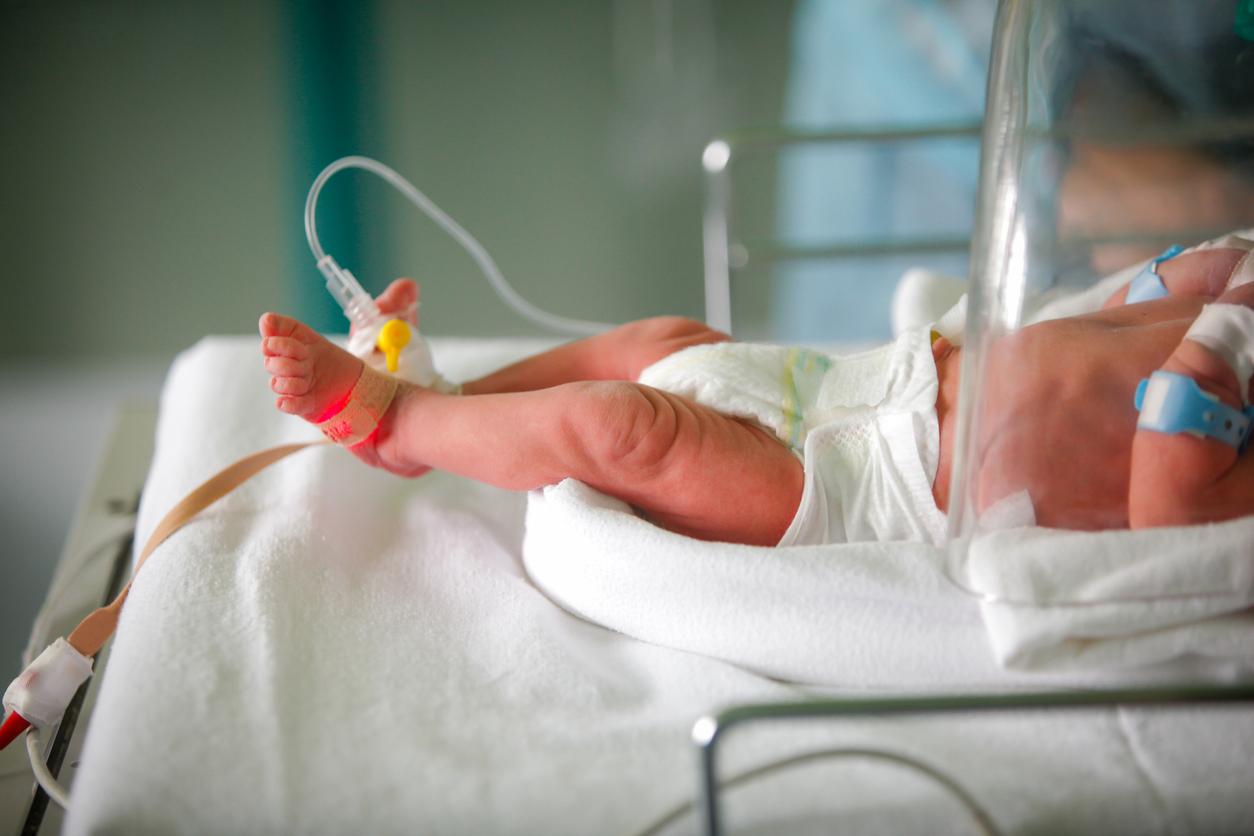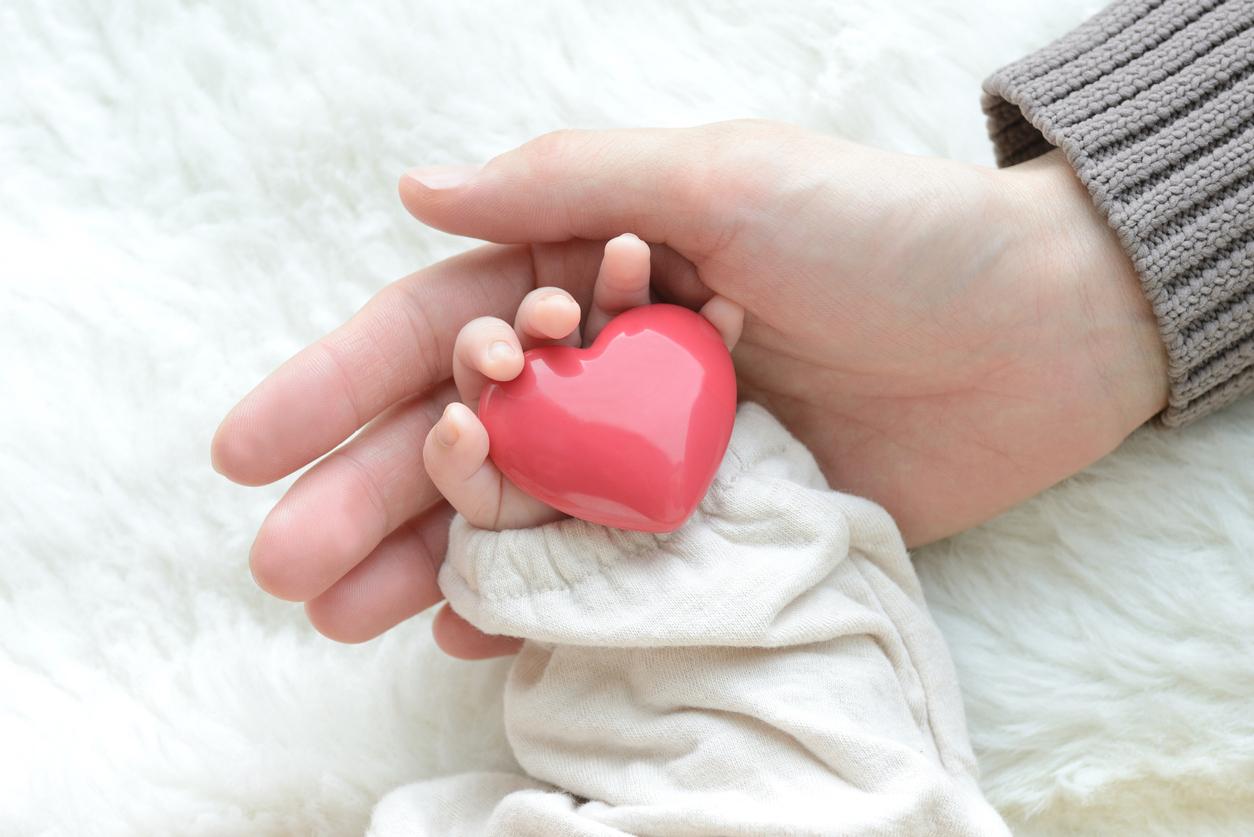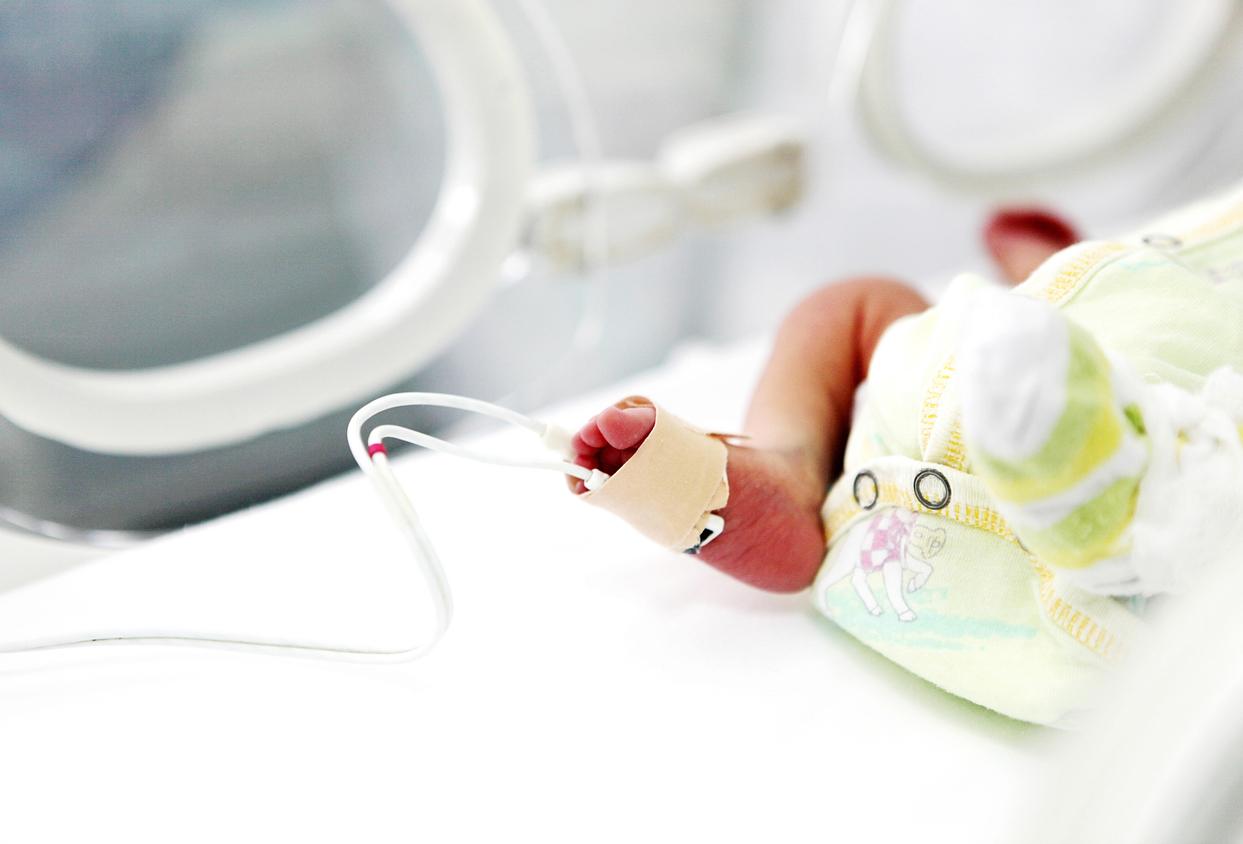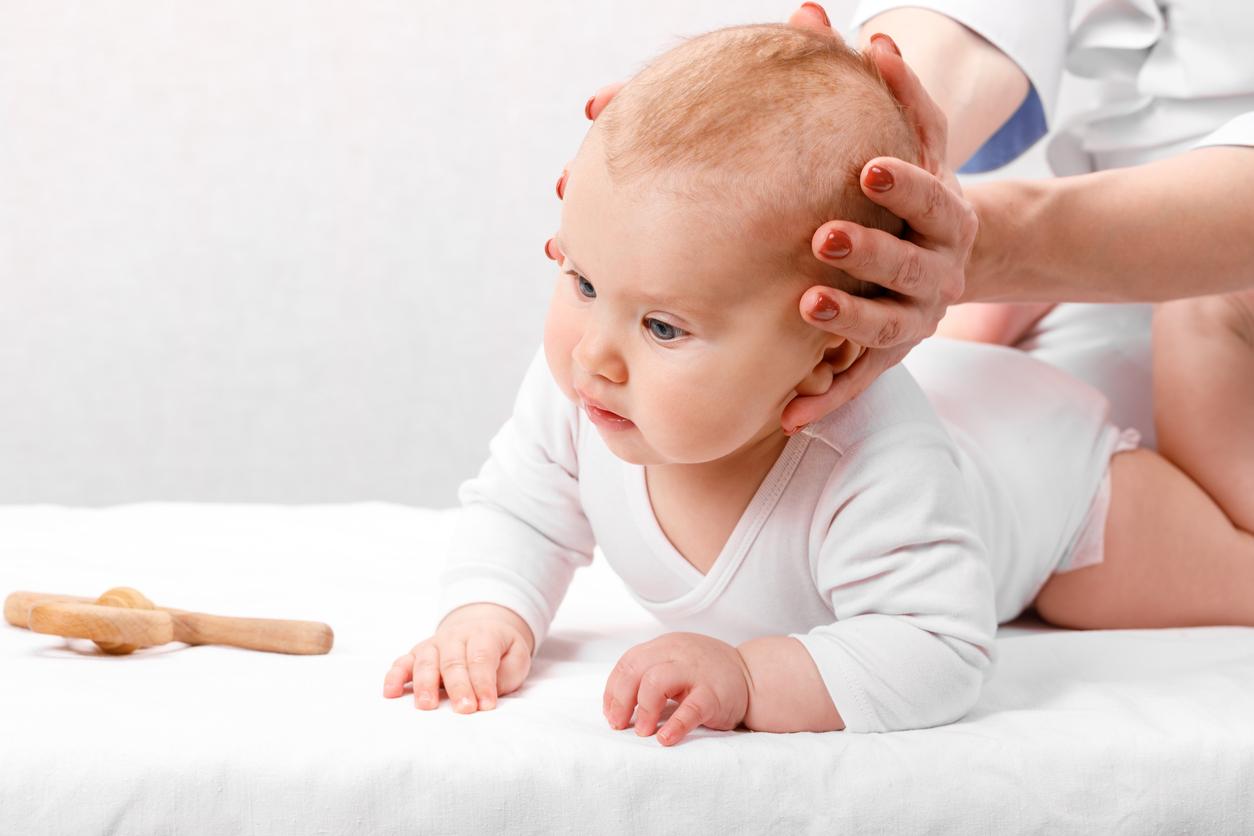According to a Japanese study, climate change could soon have an effect on the male-to-female ratio in some countries, as is already the case in the Japanese peninsula. Researchers have found that male fetuses are particularly vulnerable to the effects of climate change.
Since the 1970s, Japan has experienced significant climatic fluctuations. At the same time the number of miscarriages of male fetuses has increased, compared to miscarriages female fetus. There are therefore more girls than boys born in Japan. For Prof. Fukuda Misao, from the Ako Health Institute (Japan), there is a parallel between these deaths and global warming.
For this study, Japanese researchers looked at temperature data collected from 1968 to 2012 by the Japan Meteorological Agency, as well as data on births and miscarriages after 12 weeks of pregnancy.
The researchers also studied two extreme weather events: a very hot summer in 2010 and a very cold winter in 2011. During the hot summer – the hottest recorded in the country since 1898 – there were a record number of miscarriages recorded in September, and nine months later there was a decrease in the number of boys born in the country. Ditto during the very cold winter of 2011.
“These results suggest that recent temperature fluctuations caused a change in the male-to-female ratio, due in part to male fetal miscarriages,” the researchers wrote in the September issue of the journal Fertility and Sterility.
However, other factors such as pollution or toxins in the environment can also influence the ratio. Further studies will therefore be necessary before affirming that only the climate has an influence on births.


















